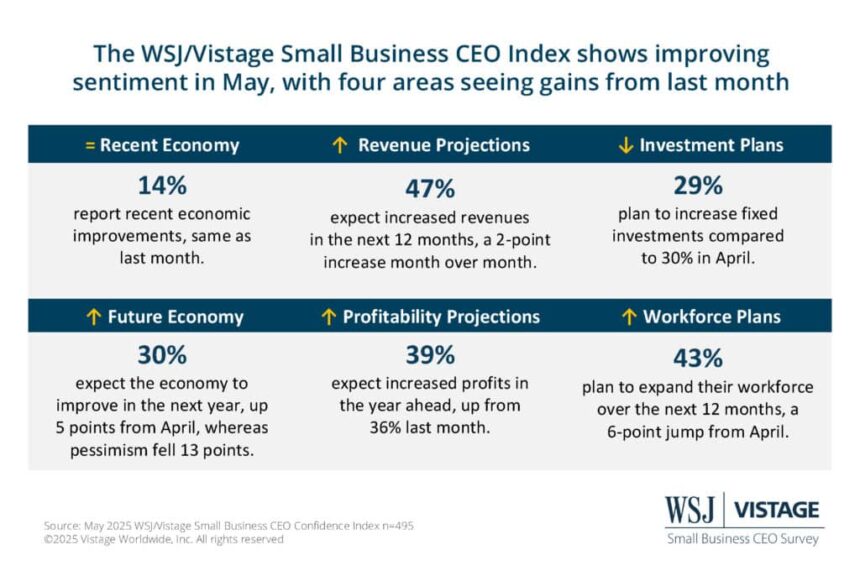Controversy Surrounds Xcel Energy’s Major Investment in Wholesale Electric Market
Xcel Energy’s intention to join a short-term wholesale electric market has sparked significant criticism as various stakeholders challenge the financial implications and projected benefits of this $30 million investment. The decision to enter the day-ahead power purchasing market, known as Markets+, is managed by the Southwest Power Pool (SPP), which oversees grid operations across 14 states from Texas to North Dakota.
Regulatory Scrutiny
During hearings conducted by the Colorado Public Utilities Commission (PUC) this week, representatives from both consumer and business groups highlighted concerns regarding the substantial upfront costs associated with the plan. Xcel Energy’s executives, however, defended their proposal, asserting it to be the most economically viable option.
A Colorado law enacted in 2021 mandates that utilities with transmission capabilities must integrate into a wholesale electric market by 2030. A study commissioned for the PUC suggests that joining an integrated wholesale market could potentially yield annual savings of $230 million for Colorado utilities. However, these anticipated savings are fraught with uncertainties, as they are contingent on full participation in regional networks like SPP or alternative independent operators such as California’s CAISO.
Concerns Raised by Stakeholders
While several major Colorado utilities, including Tri-State Generation and Transmission Association and Colorado Springs Utilities, are preparing to adopt full membership with SPP, Xcel Energy’s approach is distinct, opting only to participate in the day-ahead market. Joe Taylor, Xcel Energy’s senior director for Western markets, expressed apprehension about relinquishing control over transmission planning and operations to a regional transmission organization (RTO). He cited significant backlogs in project approvals, with waits extending up to six years for connections to the SPP grid.
“It gives us pause to turn over those activities to an RTO,” Taylor remarked, emphasizing the importance of maintaining planning and building oversight within the company.
Financial Implications
To facilitate its entry into Markets+, Xcel Energy faces substantial costs, including administrative fees and software upgrades, which are projected to total around $30 million. Specifically, the company anticipates around $20 million in one-time implementation costs and $10 million in annual administrative fees. However, these fees could rise if fewer utilities participate in the market.
| Cost Category | Estimated Cost |
|---|---|
| One-Time Implementation Costs | $20 million |
| Annual Administrative Fees | $10 million |
| Total Estimated 6-Year Costs | $27 million more versus non-participation |
However, critics argue that the benefits for Xcel Energy customers may not materialize for at least five years. According to Steven Dahlke, a senior economist for the PUC, the commission has identified significant flaws in Xcel Energy’s purported benefits of joining Markets+, urging caution in their evaluation.
Industry Perspectives and Future Considerations
One of Xcel Energy’s key clients, Climax Molybdenum, has voiced concerns over the potential for increased operational costs due to the utility’s market strategy. Furthermore, there are apprehensions over the limited transmission infrastructure connecting Colorado with SPP, complicating integration into a larger grid framework.
Among the alternative perspectives, some intervenors suggest that Xcel Energy should consider joining the Extend Day-Ahead Market (EDAM) managed by CAISO, highlighting that it could be a more financially prudent option in the long run. Proponents argue that participating in a larger western market could lead to greater cost savings for customers.
In conclusion, Xcel Energy’s planned investment in the Markets+ program appears mired in controversy, underscoring the complexities and challenges associated with evolving energy markets and regulatory frameworks.














